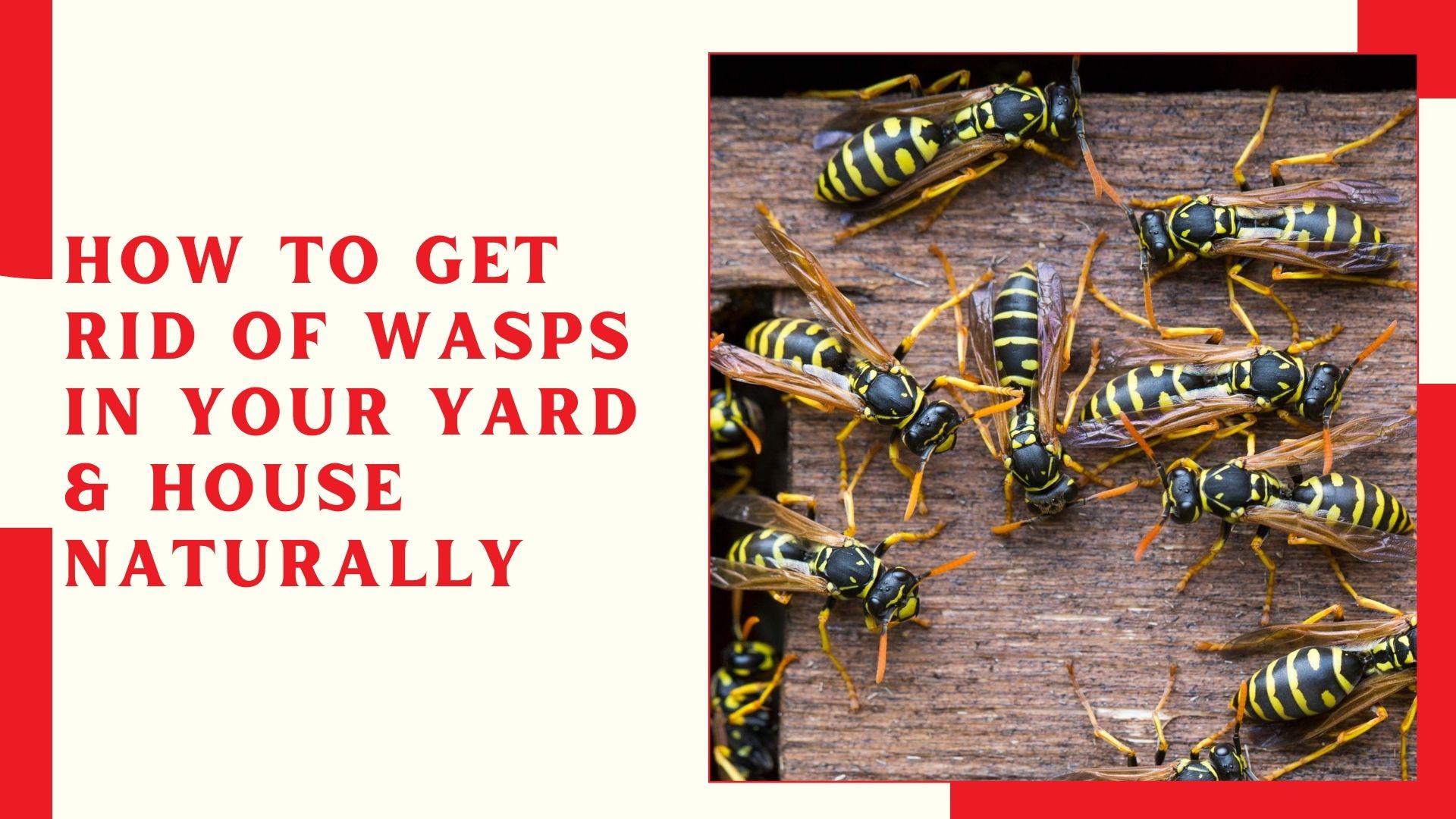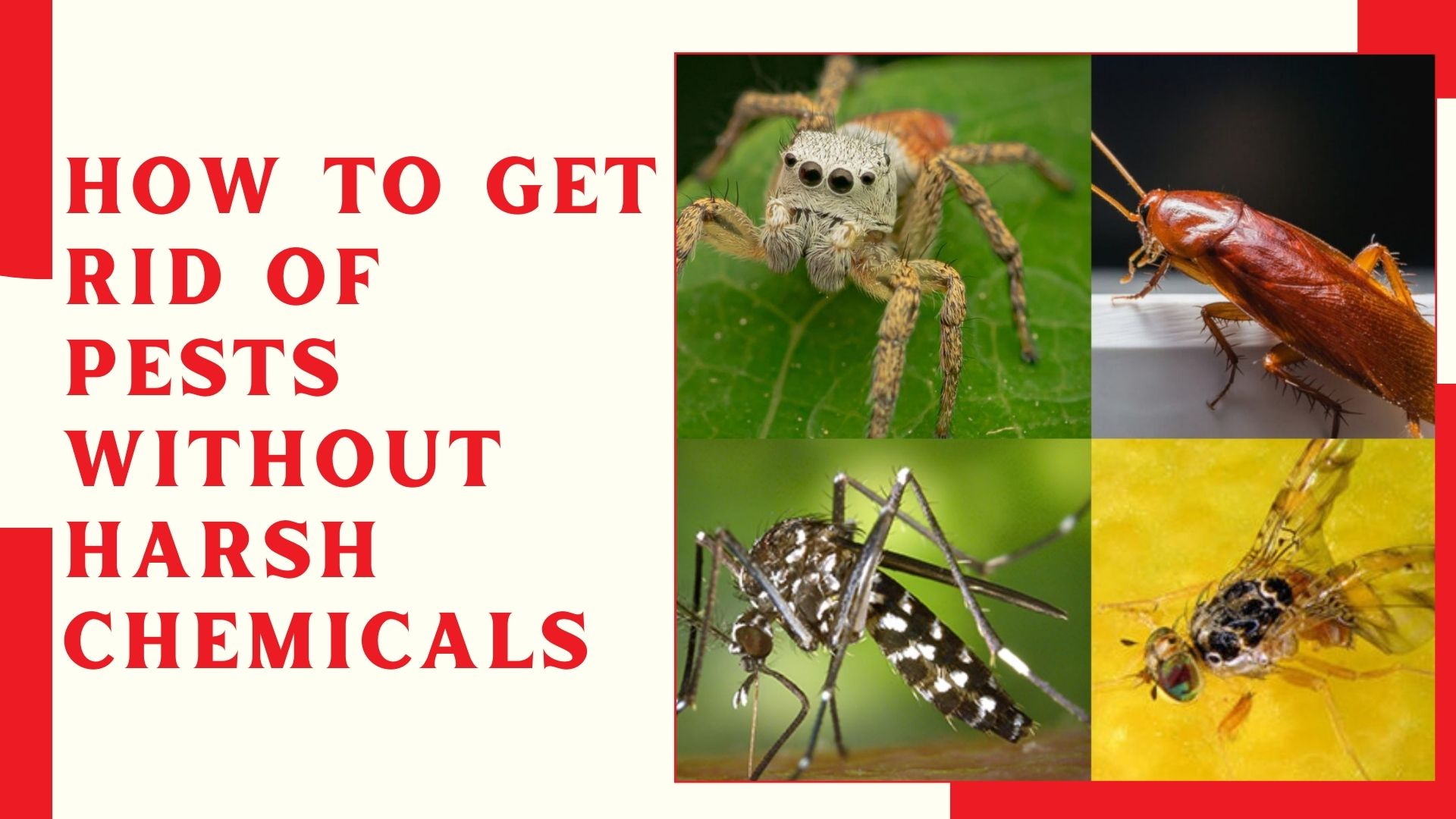Rice weevils, those tiny pests that can wreak havoc in your pantry, are a common problem faced by many households. These insects not only spoil your stored grains but also pose health risks. Effective eradication requires understanding their habits, prevention strategies, and safe extermination methods. Below, trendwizz.com will delve into comprehensive techniques to help you get rid of rice weevils and protect your pantry from future infestations.
Helpful Products You Might Like
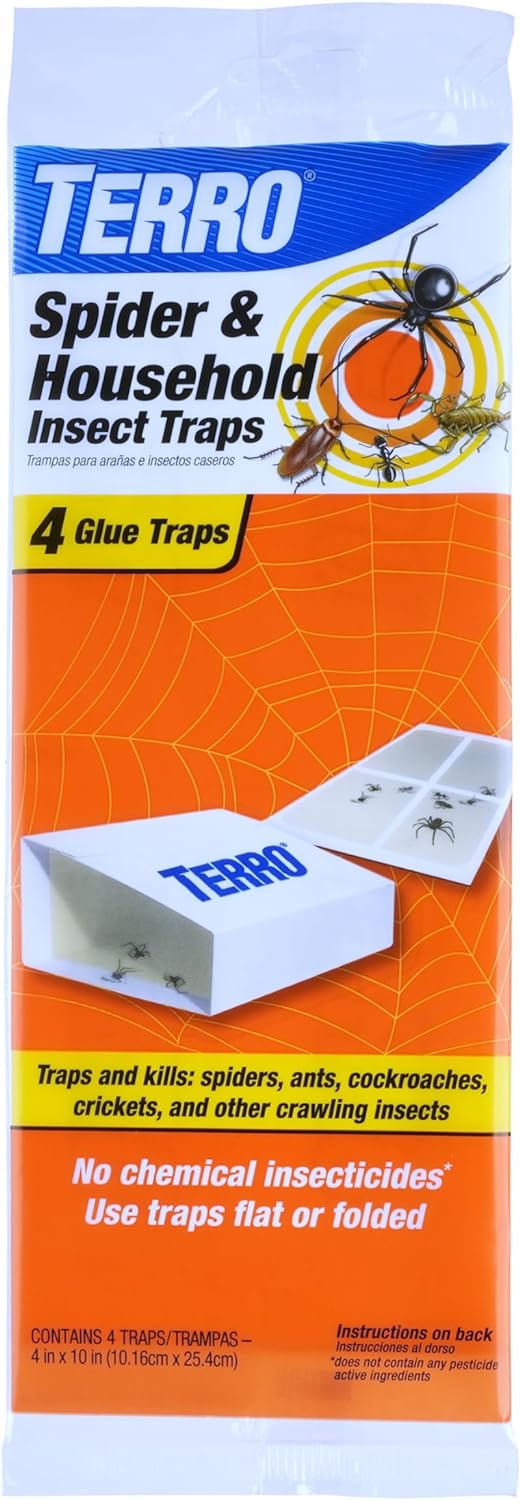
Spider & Insect Trap
"(Paid Links)" 
What Are Rice Weevils?
Rice weevils (Sitophilus oryzae) are small beetles about 2-3 millimeters long, with a distinctive snout and a reddish-brown color. They are notorious for infesting stored grains like rice, wheat, corn, and barley. The larvae develop inside the grain kernel, making early detection difficult.
Lifecycle and Habits
Rice weevils undergo complete metamorphosis, progressing through egg, larva, pupa, and adult stages. A single female can lay up to 400 eggs during her lifetime, which are deposited inside grains. The larvae feed on the grain, hollowing it out, and emerge as adults after about a month. These adults can live for several months, continuing the cycle of infestation.
Signs of Infestation
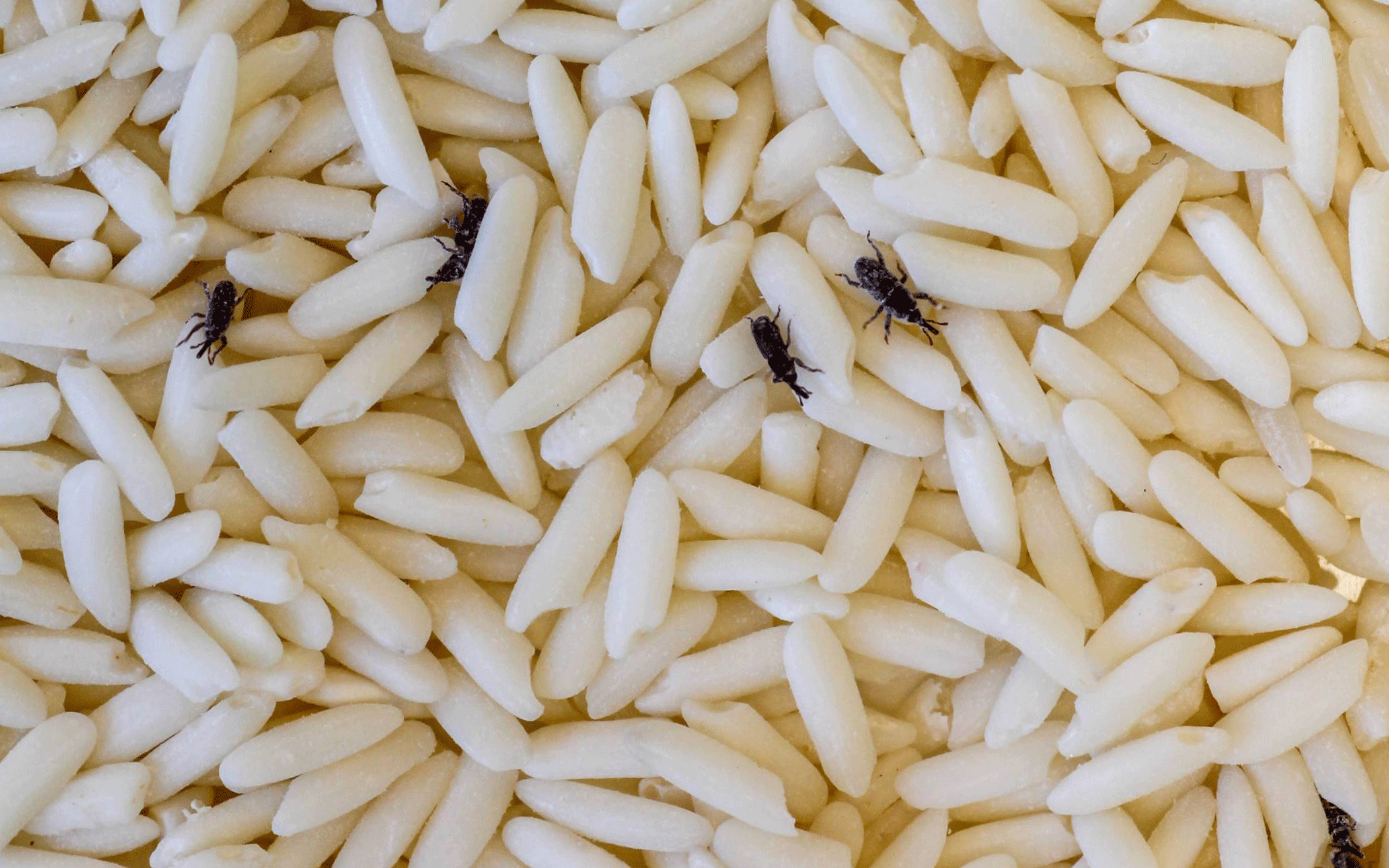
Early detection of rice weevils is crucial for effective management. Look out for these signs:
Small holes in grains:
Indicating that adult weevils have emerged.
Presence of adult beetles:
In or around food storage areas.
Grain dust:
Accumulating at the bottom of containers.
Unpleasant odor:
Resulting from prolonged infestation.
Preventive Measures
Proper Storage
Use Airtight Containers:
Store grains in airtight containers to prevent weevils from accessing them. Glass, metal, or thick plastic containers with tight seals work best.
Keep Pantry Clean:
Regularly clean your pantry to remove potential food sources for weevils. Vacuum shelves, corners, and cracks where food particles can accumulate.
Buy in Small Quantities
Purchase grains in small quantities to ensure they are used before weevils can infest them. This also allows for better stock rotation, reducing the chances of infestation.
Freeze Grains
Before storing grains, place them in the freezer for at least four days. This kills any existing weevils and their eggs, preventing future infestations.
Natural Extermination Methods
Bay Leaves and Cloves
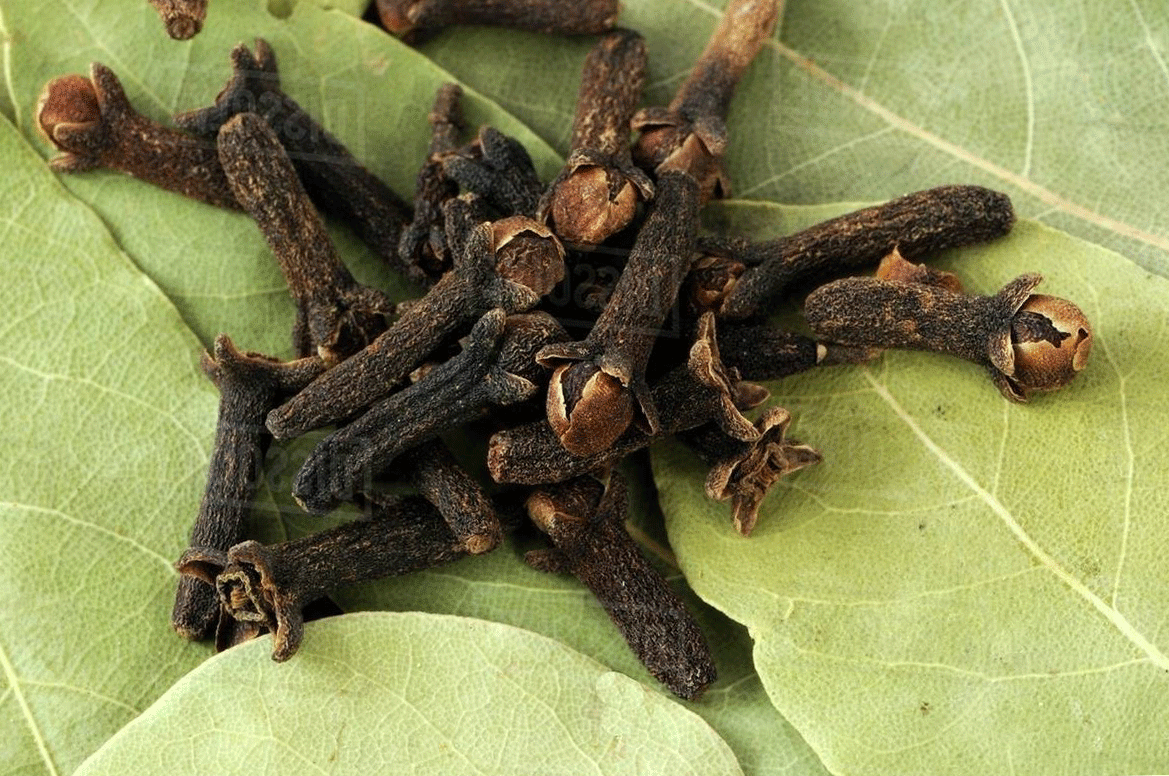
Bay leaves and cloves are natural repellents for rice weevils. Place a few bay leaves or cloves in your grain containers. The strong scent deters weevils from infesting the grains.
Diatomaceous Earth
Food-grade diatomaceous earth (DE) is an effective natural pesticide. Sprinkle a thin layer of DE in your grain containers. The fine particles dehydrate and kill weevils upon contact, without posing risks to humans.
Essential Oils
Essential oils like eucalyptus, lavender, and peppermint can repel rice weevils. Add a few drops of these oils to cotton balls and place them in your pantry. The strong aroma keeps weevils away.
Chemical Extermination Methods
Insecticides
If the infestation is severe, consider using insecticides specifically labeled for grain pests. Follow the manufacturer’s instructions carefully to avoid contamination of food products.
Professional Pest Control
In extreme cases, professional pest control services may be necessary. Experts can identify the extent of the infestation and apply appropriate treatments to eliminate weevils effectively.
Cleaning Up After an Infestation
Discard Infested Food
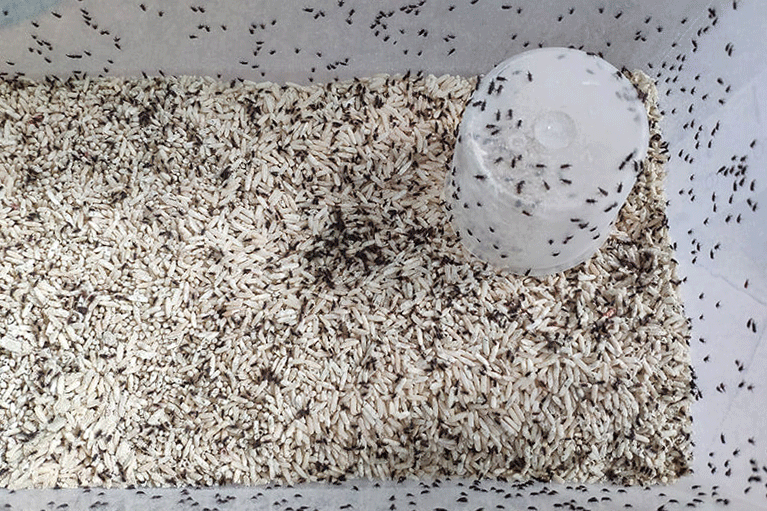
Dispose of any infested food items immediately to prevent the spread of weevils. Double-bag the discarded food to contain the pests.
Thorough Cleaning
Empty your pantry and vacuum all shelves, corners, and cracks. Use a mixture of vinegar and water to wipe down surfaces, ensuring all traces of weevils and their eggs are removed.
Monitor for Reinfestation
Regularly inspect your pantry and food storage areas for signs of reinfestation. Prompt action can prevent a minor issue from becoming a major problem.
Long-Term Prevention
Routine Inspections
Make it a habit to inspect your grains and pantry regularly. Early detection of weevils can prevent widespread infestations.
Maintain Cleanliness
Keep your pantry clean and free of food debris. Regularly clean containers and storage areas to eliminate potential breeding grounds for weevils.
Use Protective Measures
Continue using bay leaves, cloves, and essential oils as preventive measures. These natural repellents can significantly reduce the risk of weevil infestations.
By implementing these strategies, you can effectively rid your pantry of rice weevils and maintain a pest-free environment. Consistent preventive measures and prompt action are key to keeping your food storage safe and secure.


